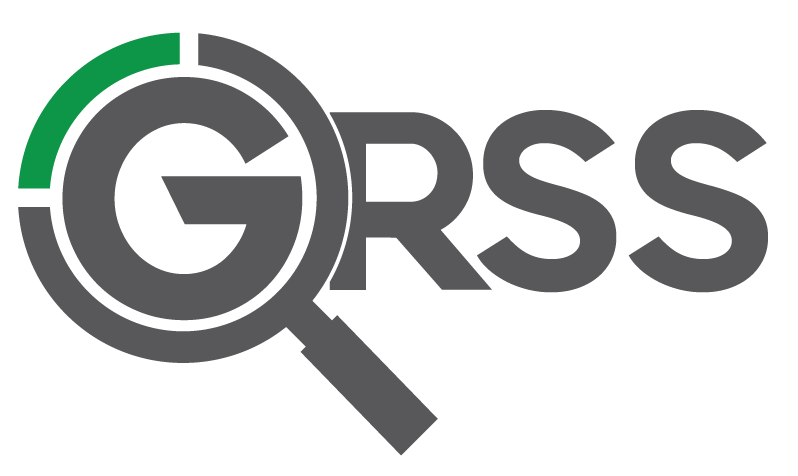The past few weeks have been eventful for regulators on both sides of the Atlantic. The Securities and Exchange Commission (SEC), BaFin and the Swedish Financial Supervisory Authority (Finansinspektionen) have taken measures against traders for claims of market abuse pertaining to inside information as well as market manipulation. Also, the FCA has announced a renewed commitment to pursuing market abuse.
With regards to charges of insider trading, the SEC has charged a former Goldman Sachs compliance analyst with dealing ahead of multiple corporate events using non-public information obtained through his position at the bank. Mr. Sanchez had access to highly sensitive information regarding the mergers and acquisitions of various of the banks’ clients, and made more than $471,000 through his scheme. Trading based on insider information yields the trader an unfair advantage as the potentially price-moving information is not yet public. Sanchez is being investigated despite his cover-up efforts of limiting order size and using different accounts under different names.
In Germany, BaFin, in a rare showing, publicly criticised large online bank ING Germany for taking too long to report on suspicious activity pertaining to the insider dealing case of a former senior funds manager at Union Investment. The BaFin employee spoke of this during the funds managers’ trial, where the funds manager admitted to trading ahead of corporate events on multiple occasions, making Eur 8.1 million in profit, while using a brokerage account at ING Germany to accomplish the trades. Although BaFin did not explicitly mention ING Germany during the trial, the former funds manager’s broker was made known in the course of the case. The accused was sentenced to over three years in prison and fined six times the profit he made.
Also, on the charge of insider dealing, in Sweden, the Finansinspektionen opened an investigation into EQT AB, a large private equity company. A lock-up agreement was stipulated within the company’s IPO arrangement two years ago. Nevertheless, executives were allowed to sell their shares a year in advance, following a revision of the aforementioned lock-up structure. Earlier in September, company investors have expressed their discontent regarding the recent lock-up adjustments, which involve the sale of equity valued at $2.7 billion. The decision of the Swedish regulator to proceed with the investigation was based on suspicion of insider information which EQT AB did not publish in a timely manner.
Market manipulation has also been in focus, with the SEC charging two traders for wash trades in ‘meme stocks’. These equities are known to experience high volatility, resulting from their promotion to retail traders via social media (such as GameStop). Wash trades are dealings, in opposing directions, within a very short timeframe that have no specific rationale. These trades unsettle the share price of equities and create brokerage fees, some of which are passed back to the customers. The two charged investors were dealing in out-of-the-money put options during the first two quarters of 2021, using broker-dealer accounts to make a profit of nearly $700k in liquidity rebates.
Also suspecting manipulation, BaFin filed a criminal complaint against Northern Data, only a day after Northern announced its 2020 financial results. According to the Financial Times, the allegation relates to “a potentially misleading ad hoc release that was published by the company in November 2019” which potentially overstated the value and significance of Northern’s acquisition of US-based Whinstone.
Echoing its institutional counterparts’ approach, the UK financial regulatory body is implementing tougher measures in dealing with market misconduct. FCA CEO Nikhil Rathi explained that the FCA is working on past criticism for not acting promptly and being too risk-averse. Indeed, throughout the past few weeks the FCA has continued to publish issued warnings for such abuse, underscoring this mission.
The regulators’ continuous efforts to perform such investigations, irrespective of the transactions’ size, show that investors need to prove that their deals are transparent and in line with their trading strategy. Regulated firms need to ensure that they have the right employees and tools to perform internal trading surveillance. GRSS provides an outsourced monitoring and surveillance service, assisting firms in implementing a robust internal infrastructure to monitor investment transactions and electronic communication.
Sources:
SEC Charges Investment Bank Compliance Analyst with Insider Trading in Parents’ Accounts and Obtains Asset Freeze, Link: https://www.sec.gov/news/press-release/2021-203
BaFin points to ING Germany’s tardy response in multimillion euro insider-trading case, Link: https://www.ft.com/content/e6357aad-16d0-4c05-ad58-65e7dc440133
FI opens investigation into EQT AB, Link: https://www.fi.se/en/published/news/2021/fi-opens-investigation-into-eqt-ab/
Securities and Exchange Commission v. Suyun Gu, et al., No. 1:21-cv-17578 (DNJ filed Sept. 27, 2021), link: https://www.sec.gov/litigation/litreleases/2021/lr25224.htm
German regulator files criminal complaint against Northern Data staff, Link: https://www.ft.com/content/498a9ff3-5207-42ed-a451-61f5a25af68e
Seizing opportunity – challenges and priorities for the F.C.A., Link: https://www.fca.org.uk/news/speeches/seizing-opportunity-challenges-priorities-fca
Warning Notice Statement 21/1, Link: https://www.fca.org.uk/publication/warning-notices/warning-notice-statement-21-1.pdf









